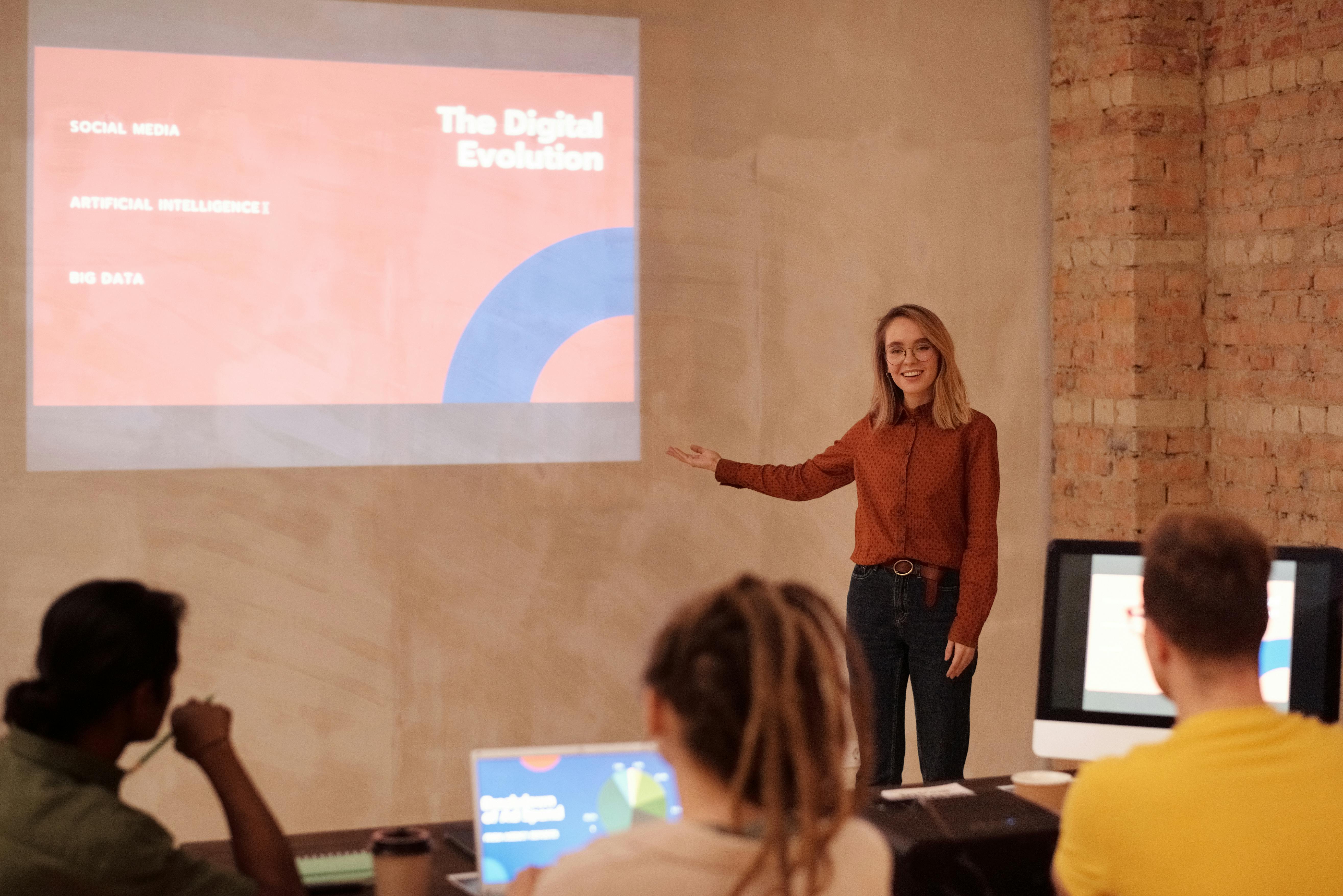
Introduction
In recent years, the race for dominance in the artificial intelligence (AI) sector has intensified, with tech giants vying for control and innovation. One of the most significant developments in this ongoing competition is Meta’s substantial investment in Scale AI. This move represents not just a financial commitment, but a strategic play in the broader landscape of AI technologies. In this blog post, we will explore what Scale AI is, why Meta’s investment is critical, and what the implications might be for the tech industry and its stakeholders.
What is Scale AI and Why Does It Matter?
Scale AI is a startup founded by Alexandrea Wang that focuses on enhancing AI training through high-quality data labeling and management. In essence, it helps organizations train their AI systems by providing them with the necessary datasets—ranging from images and lessons to videos—that these systems require to learn and understand. Think of it as the school for AI, where data is the curriculum.
This startup has garnered attention not only for its technological prowess but also for the substantial partnerships it has forged with major players like Google, Microsoft, Amazon, and even the United States military. These collaborations underscore Scale AI’s pivotal role in shaping the future of AI development.
However, the dynamics have shifted dramatically with Meta’s increased engagement in Scale AI, altering the competitive landscape and highlighting the importance of proprietary data and training methods.
Why is Meta Investing in Scale AI?
Meta’s investment in Scale AI isn’t merely a financial stake; it is a strategic alignment that aims to bolster its control over AI-driven applications. By collaborating with Scale AI, Meta not only enhances its capabilities but also ensures that its AI systems—the backbone of its platforms like Facebook, Instagram, and WhatsApp—are developed with the highest quality instructional data.
This investment helps Meta gain a competitive edge, particularly in the context of their own futuristic visions such as the metaverse. With Scale AI, Meta can refine its algorithms and machine learning processes, ultimately leading to more powerful and versatile applications.
Importantly, this move poses a challenge for rivals like Google and Microsoft, potentially reshaping the alliances and partnerships within the tech community.
The Withdrawal of Google and Microsoft
As Meta strengthens its ties with Scale AI, competitors like Google and Microsoft are beginning to distance themselves from this influential player. This retreat raises significant questions about the future of AI development within their ecosystems.
For Google, the concern lies in entrusting sensitive training data to a partner now aligned with Meta. The anxiety is palpable: how can Google ensure the confidentiality and integrity of its emerging AI technologies if the data is processed by a company that might foster competitive products? This is especially pertinent during a time when data security and proprietary technology are critical.
As a result, both Google and Microsoft are reevaluating their strategies, suggesting that maintaining independence has become paramount in a landscape where AI capabilities are key to competitive advantage.
The AI Race Heats Up Towards 2025
The competitive realm of AI is rapidly evolving, and 2025 is poised to be a pivotal year. Major players such as Microsoft, which maintains a close connection with OpenAI, and Google, with its ambitious Gemini AI models, are ramping up efforts to cultivate their ecosystems. Amazon, too, is pushing boundaries with Anthropocentric AI developments.
This race is not solely about building advanced technologies; it encompasses creating comprehensive ecosystems that integrate cloud services, devices, advertising, and, importantly, AI. Within this context, establishing reliable partnerships has become essential, as shared resources can lead to competitive vulnerabilities.
Implications for India
India finds itself at a crossroads in the global AI landscape. With an emerging ecosystem bustling with startups, including prominent players like TCS, Infosys, and Wipro, the demand for AI model development and training solutions is surging.
What Should Indian Readers Take Away?
- Indian AI startups specializing in data labeling, infrastructure, and AI development must be prepared to capitalize on the shifts in the market.
- As Google and Microsoft withdraw from partnerships with Scale AI, they will likely seek new suppliers, and Indian firms stand to gain from this shift.
- This situation reinforces the understanding that the next technological conflict is not merely about software but revolves around data, infrastructure, and the autonomy of emerging technologies.
Final Thoughts
Meta’s billion-dollar investment in Scale AI is a bold maneuver that signals a paradigm shift in the AI landscape. However, it comes at a cost. As Scale AI distances itself from Google and Microsoft, traditional allies are reevaluating their strategies, leaving them vulnerable in an increasingly competitive environment.
For Meta, this investment is about forging an independent AI future, while for Google and Microsoft, maintaining independence is crucial as data becomes an invaluable asset. For Indian AI developers, startups, and companies, this moment exemplifies the strategic nature of AI partnerships and the potential for growth when larger players redirect their focus.
As the AI race continues to evolve, the lessons learned from Meta’s involvement with Scale AI will shape the dynamics for years to come, highlighting the importance of strategic alliances and innovation in a fiercely competitive arena.
